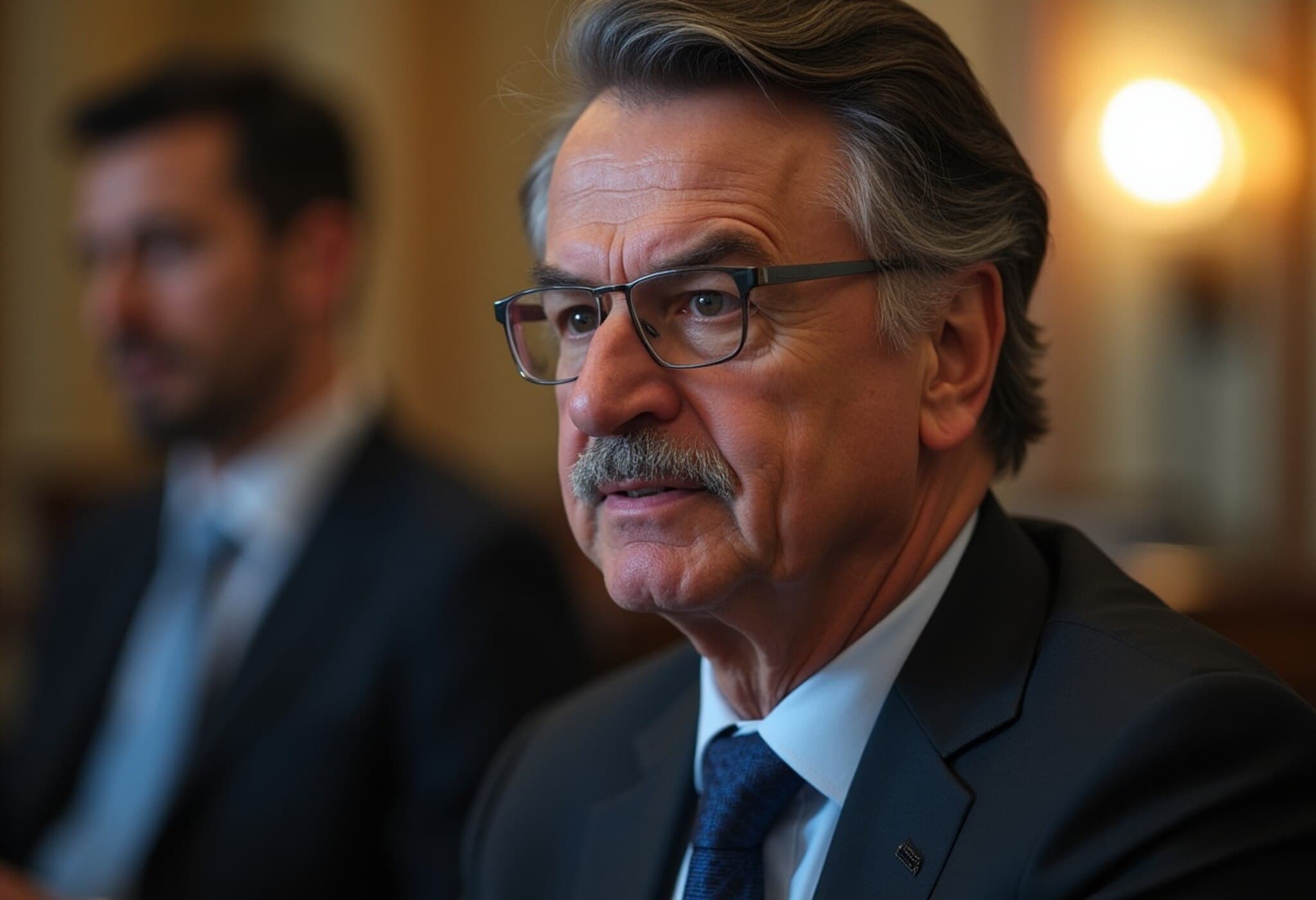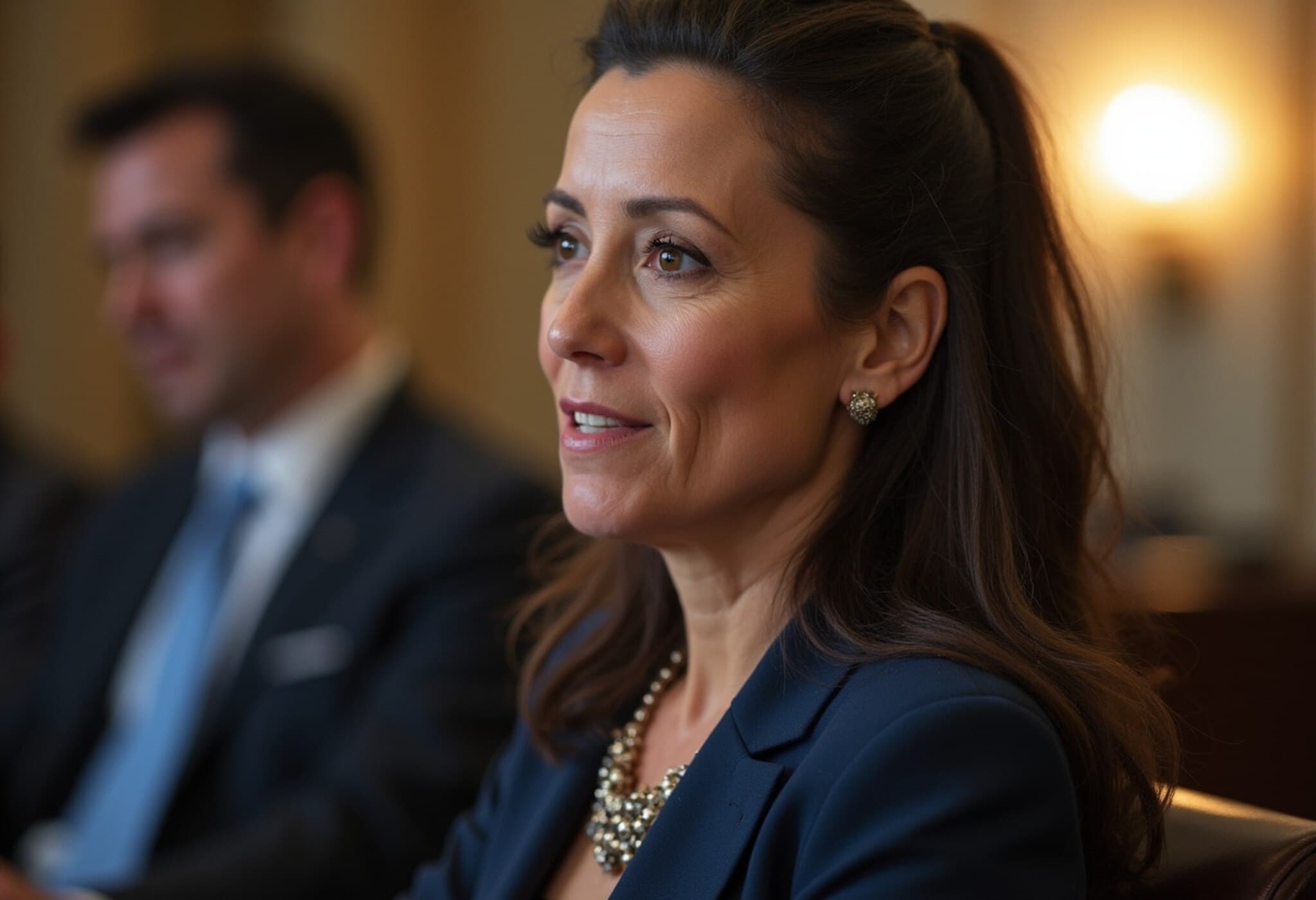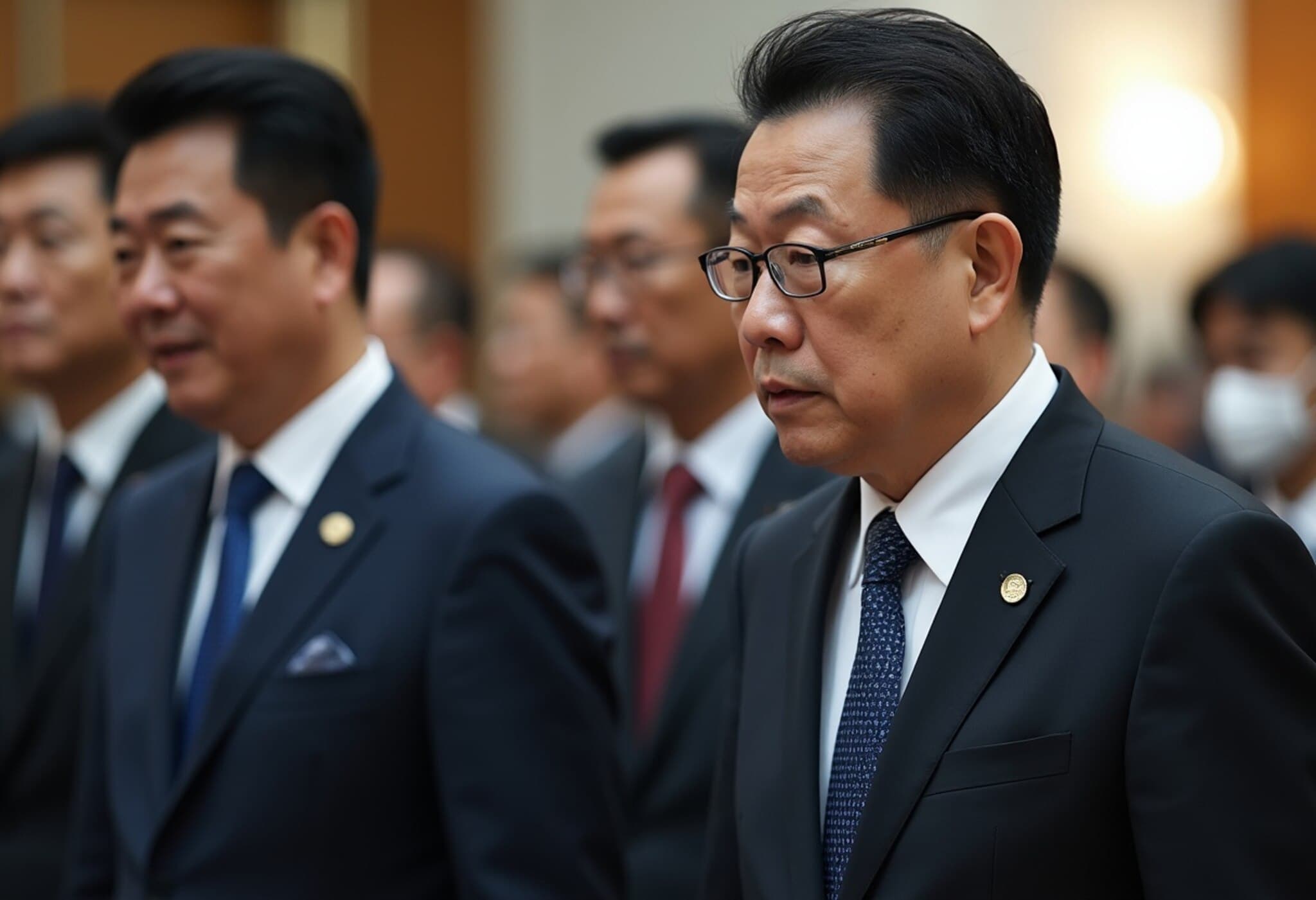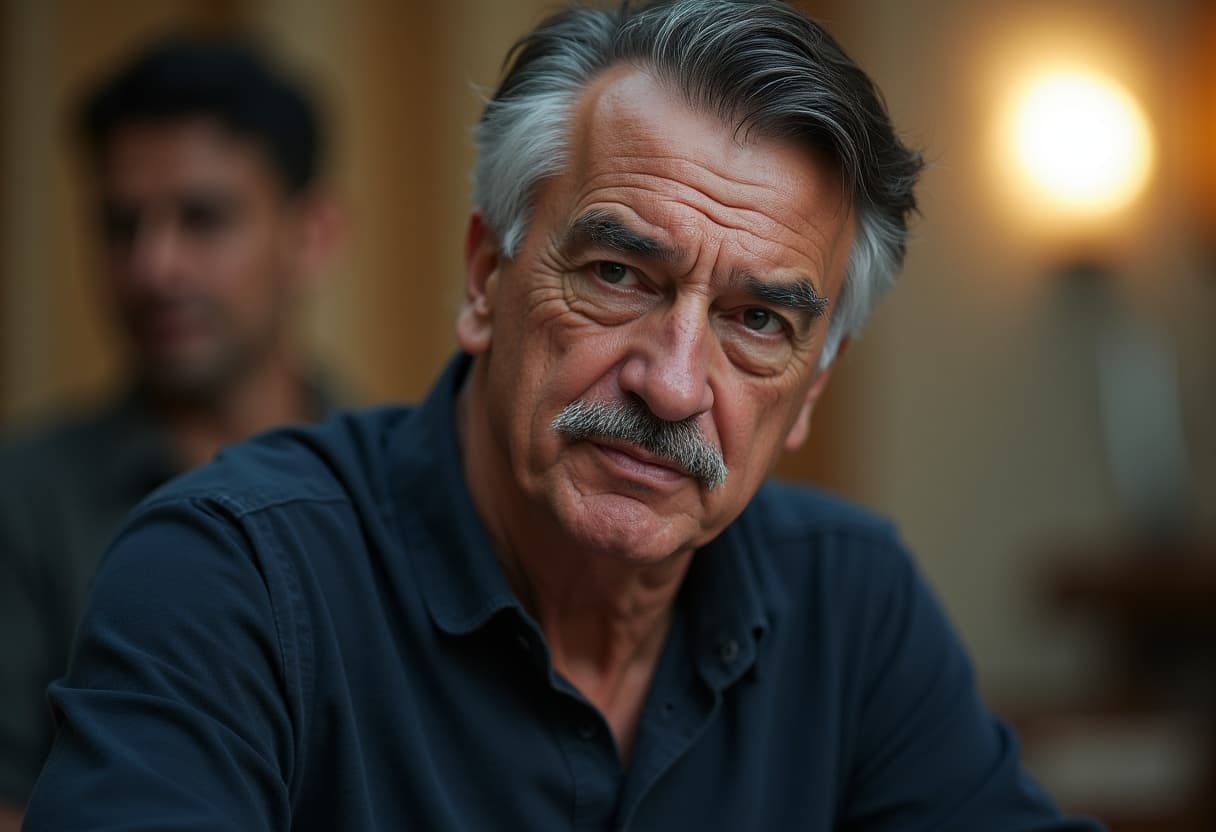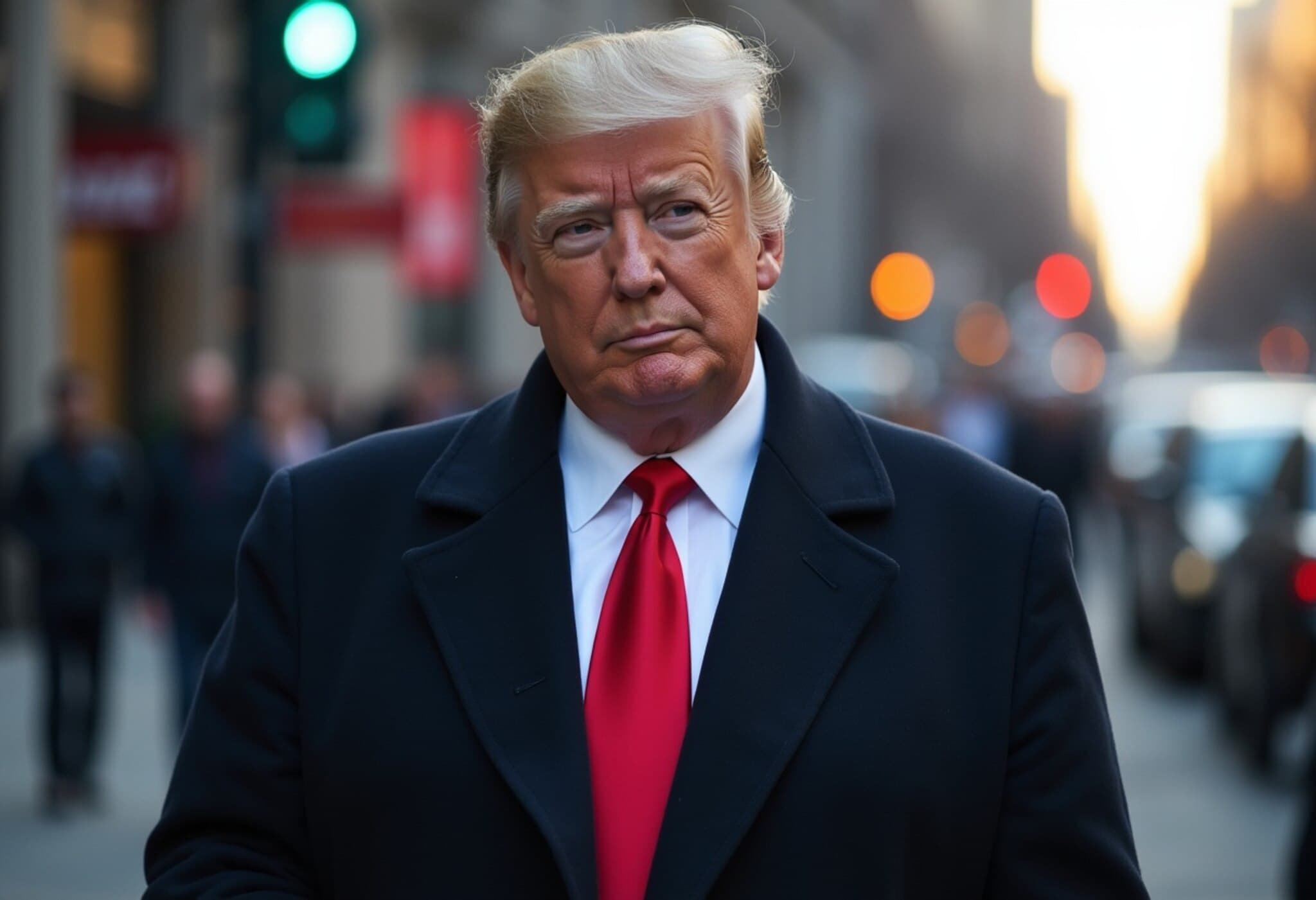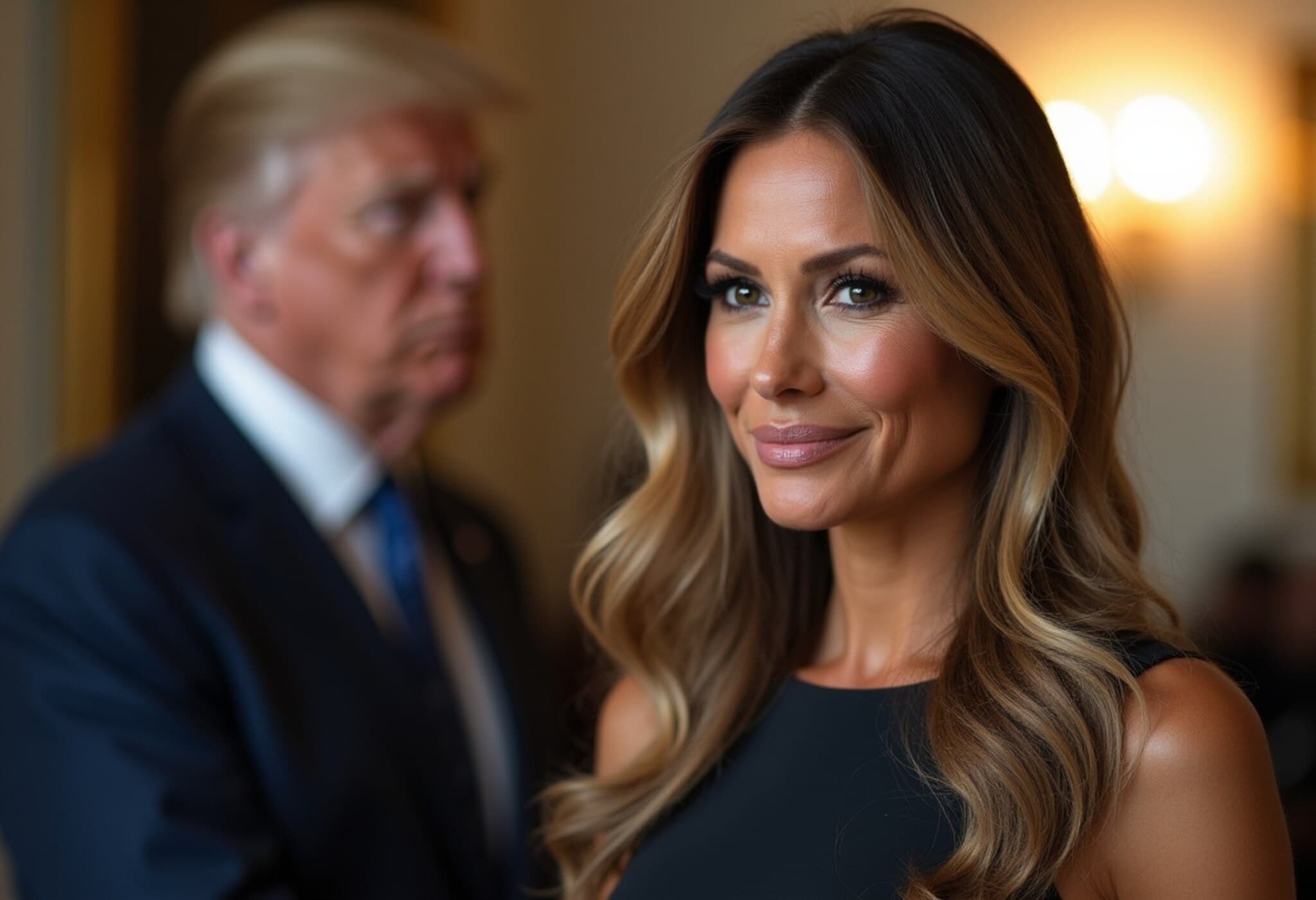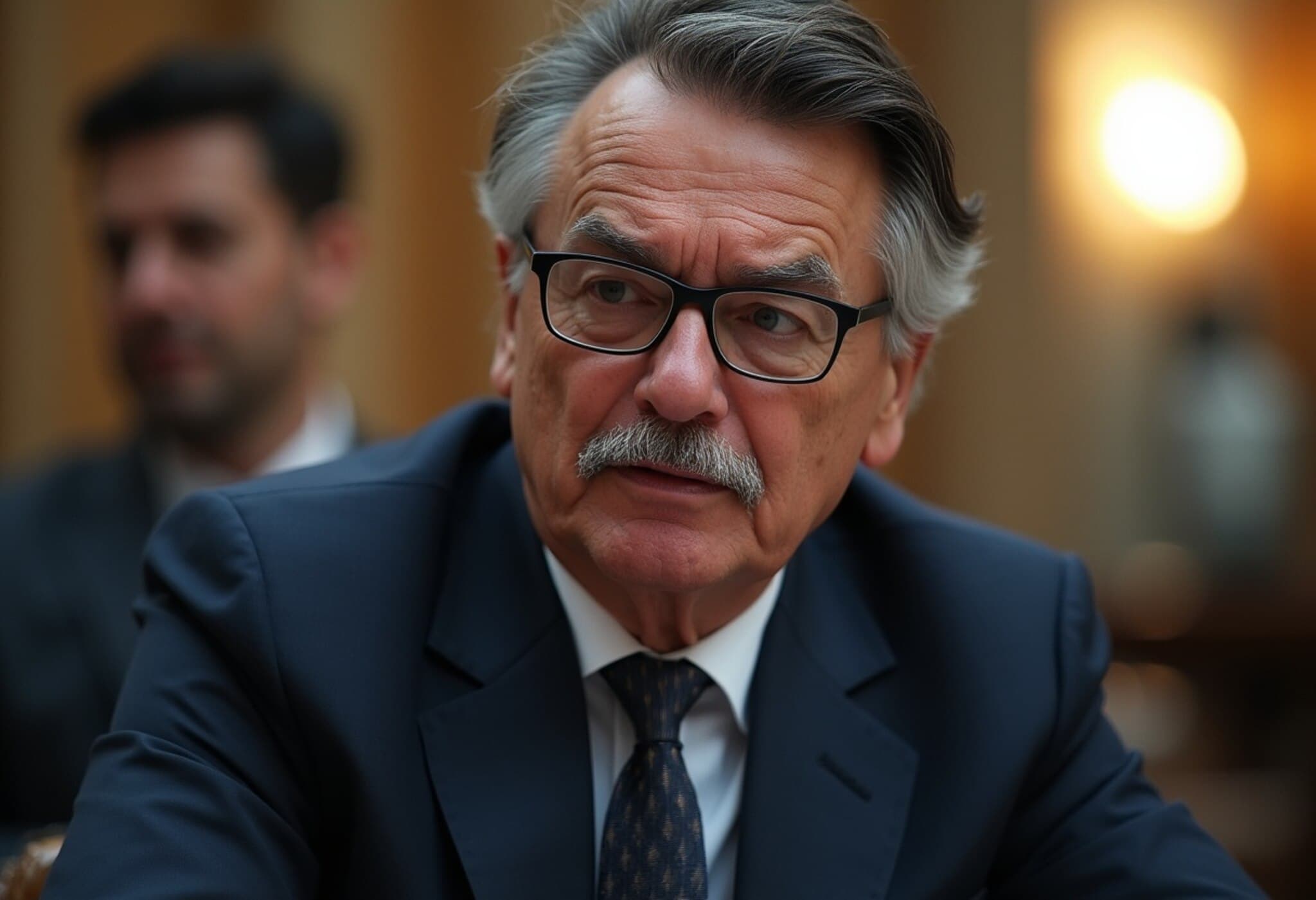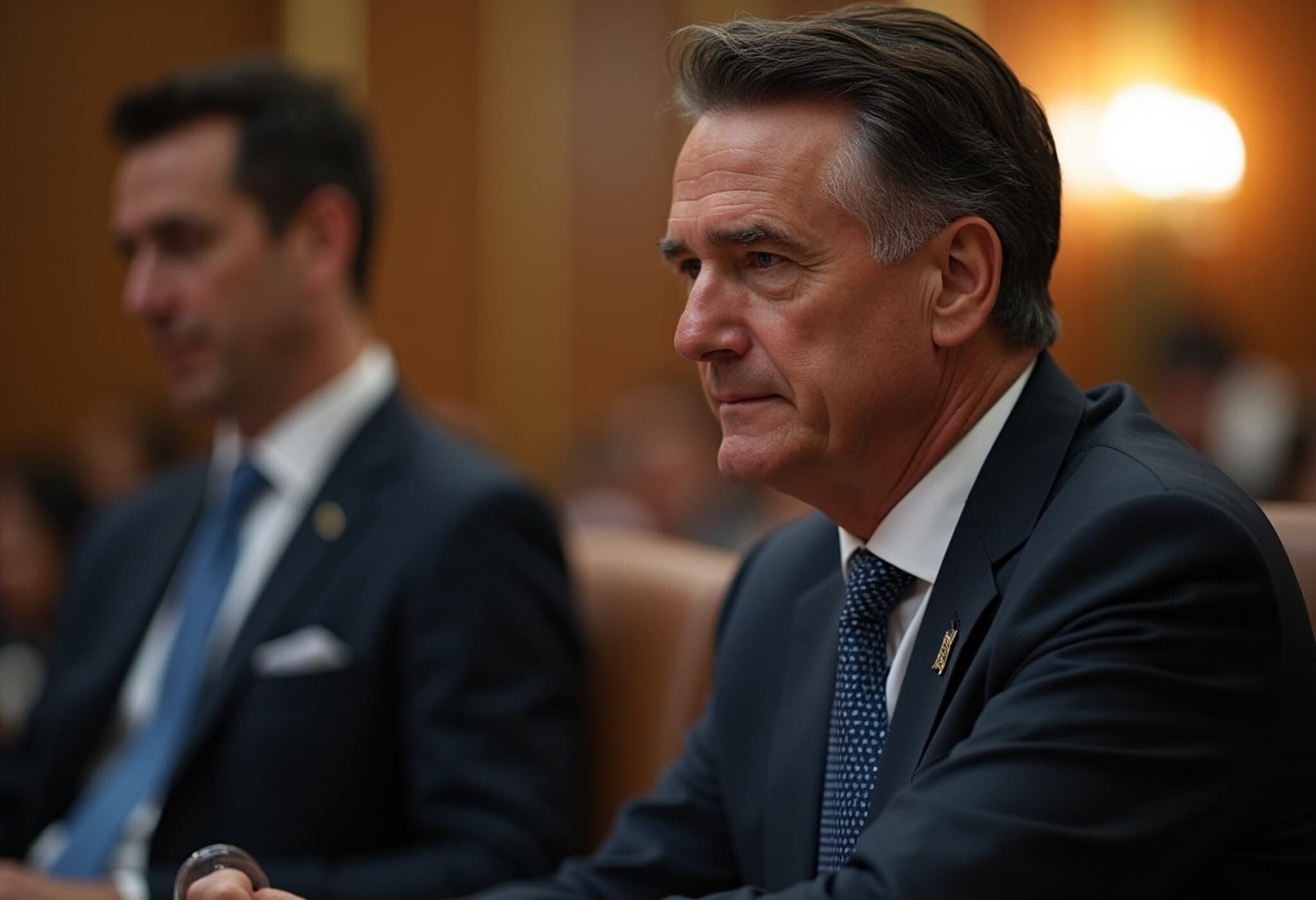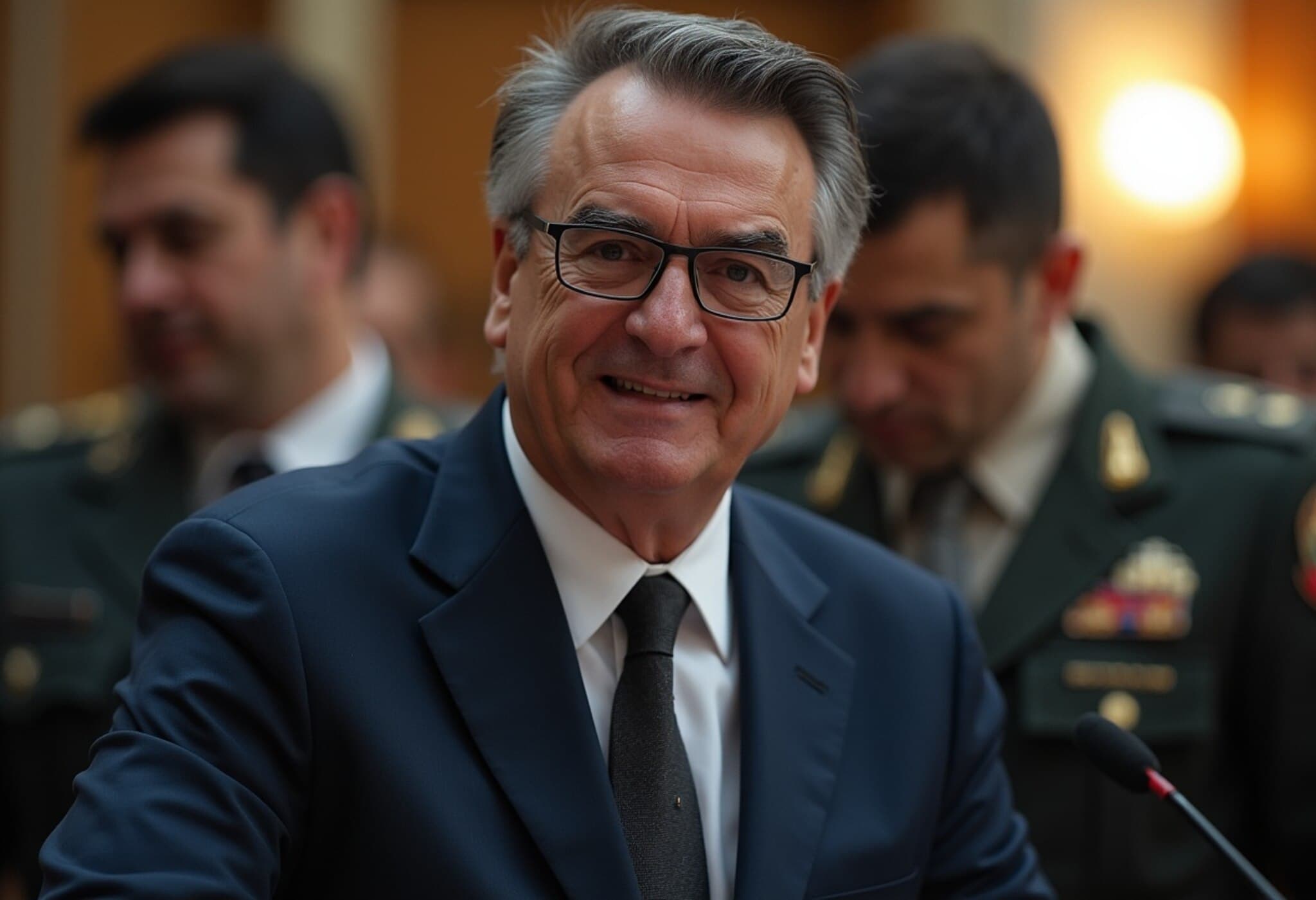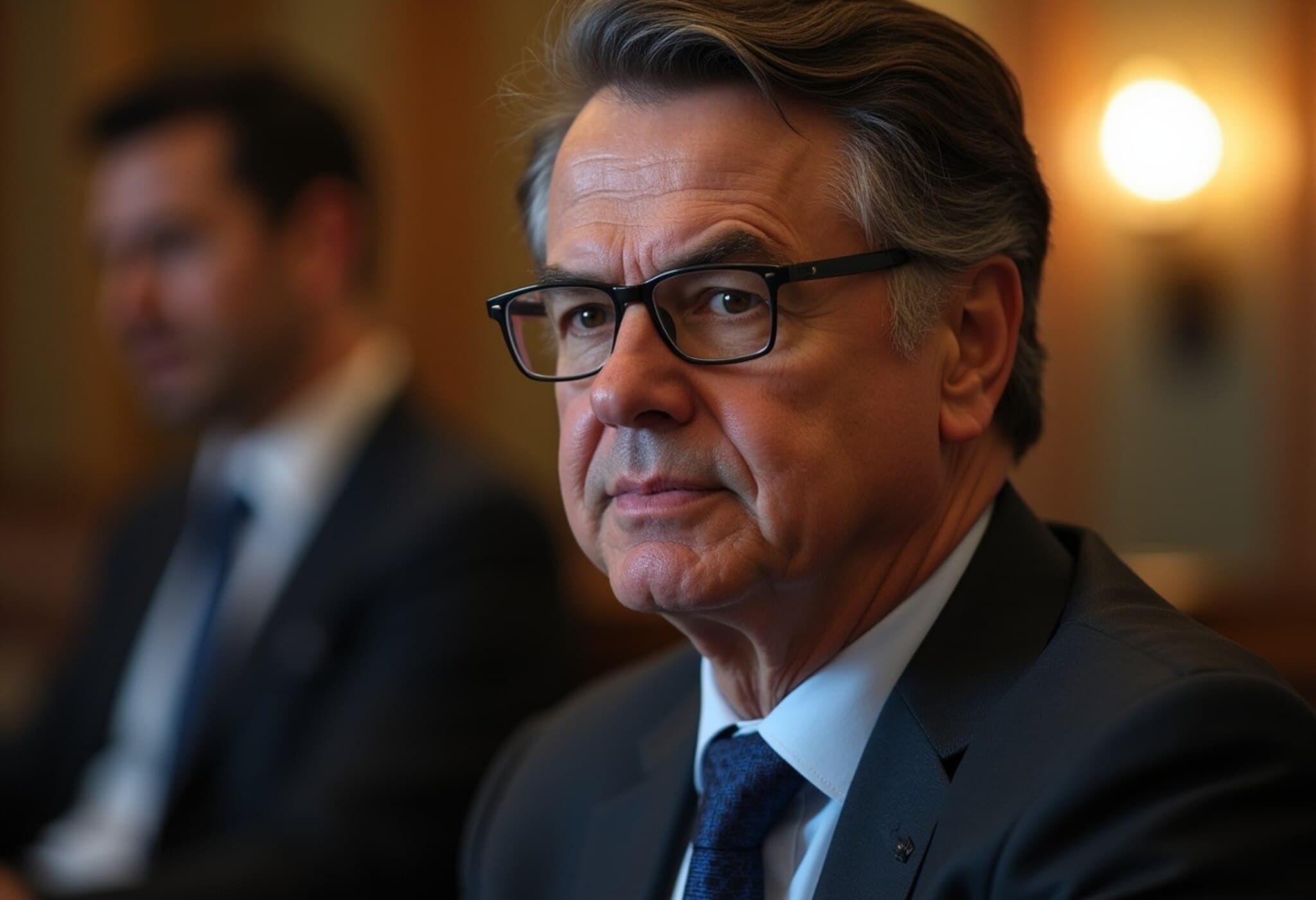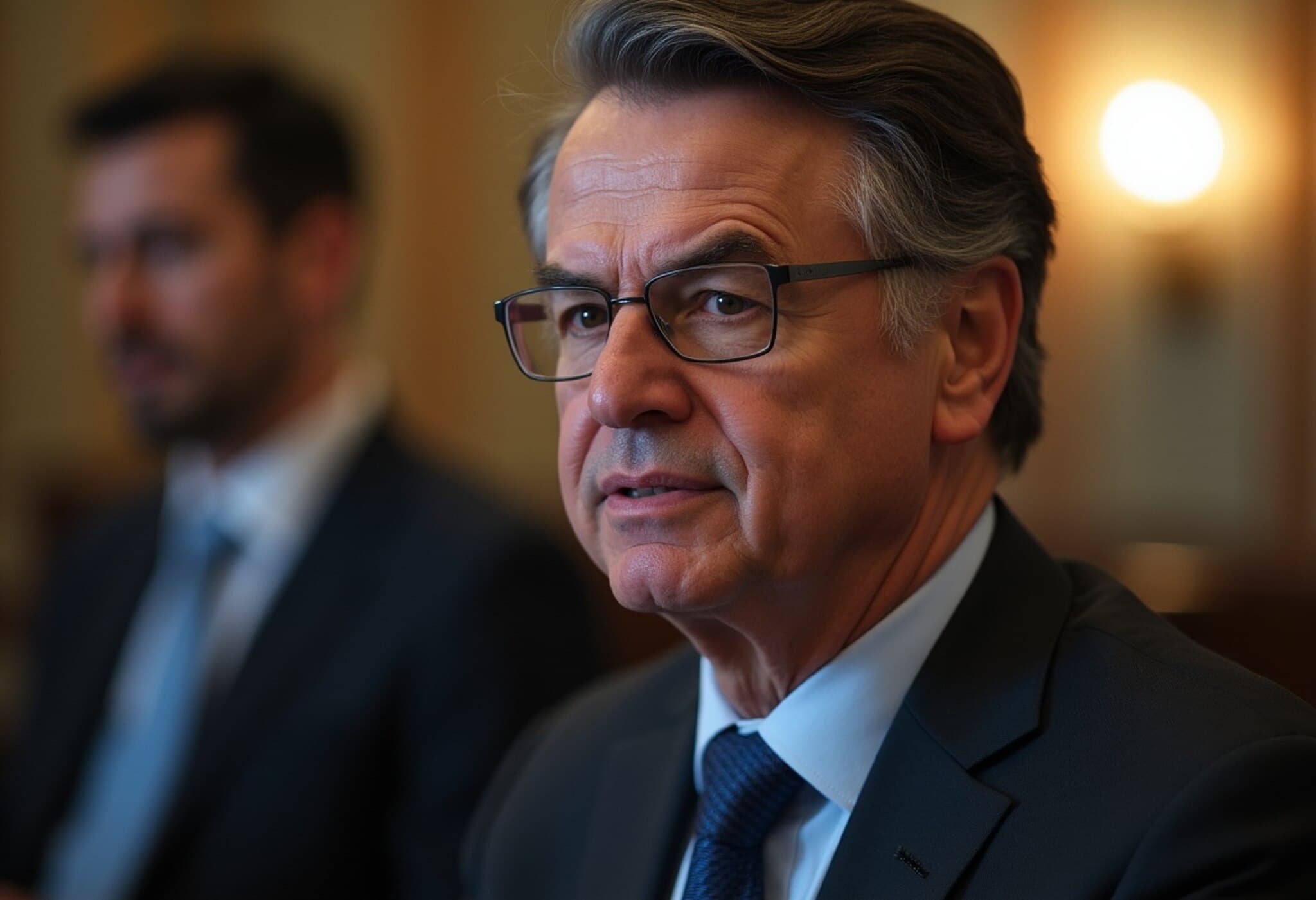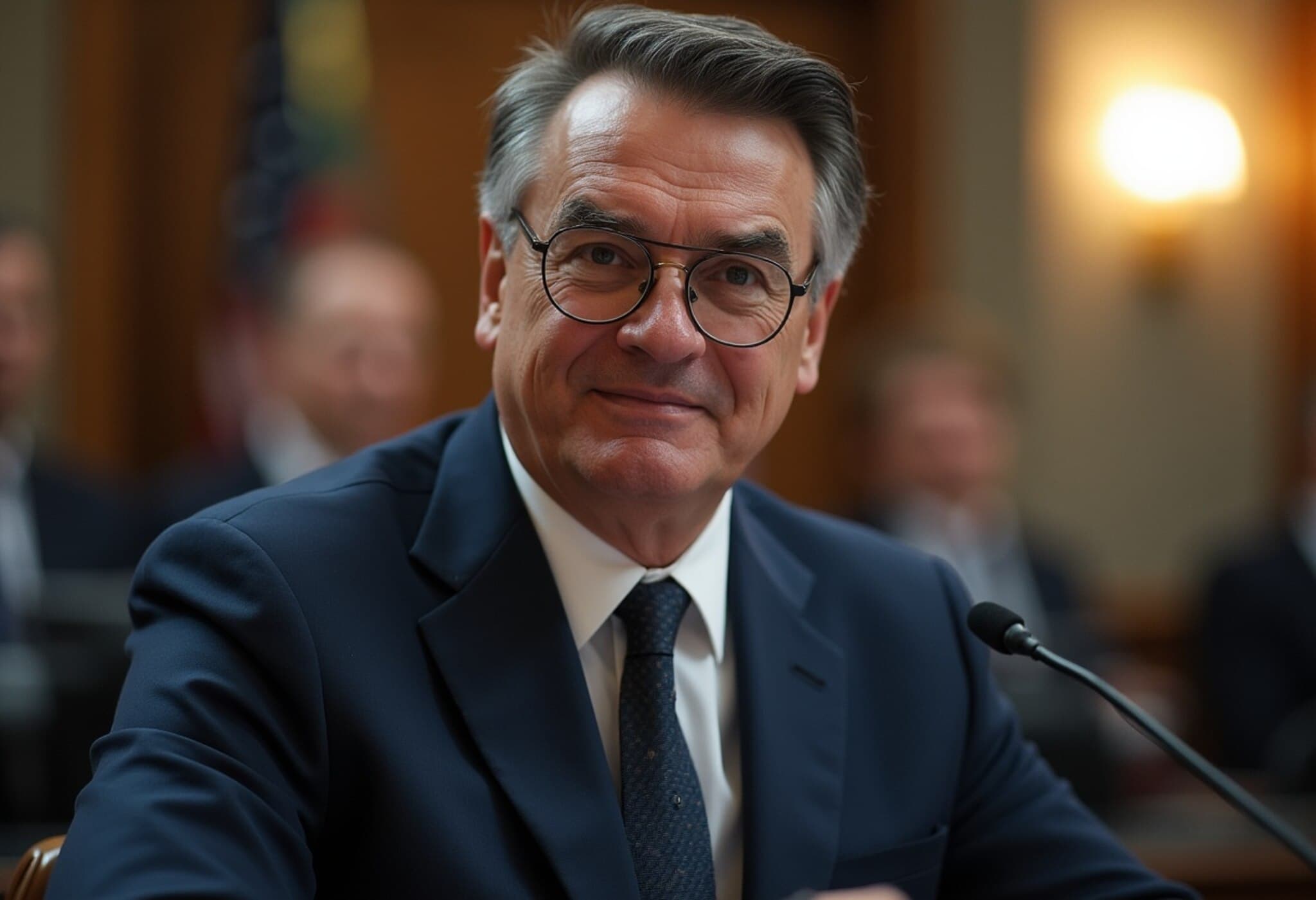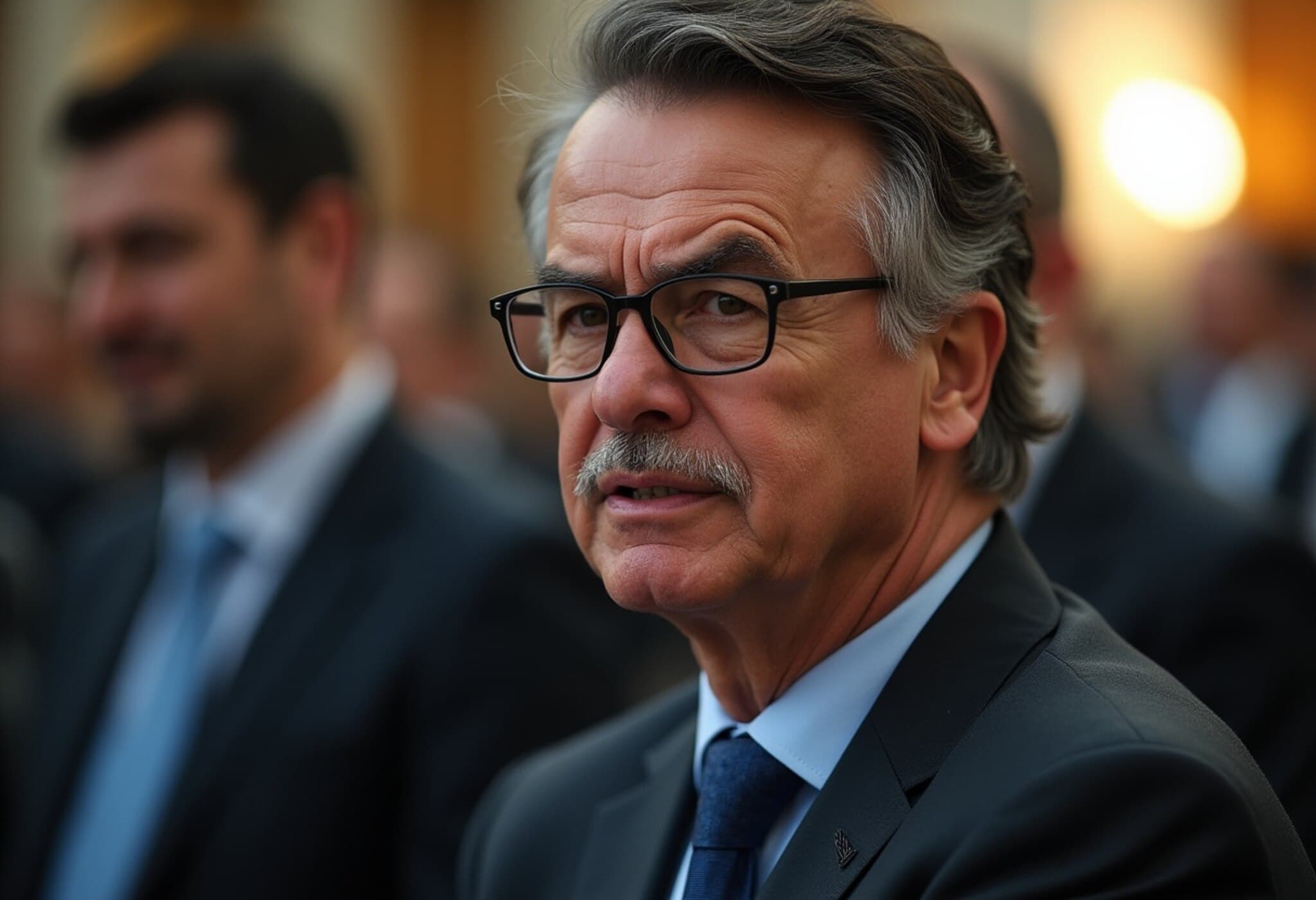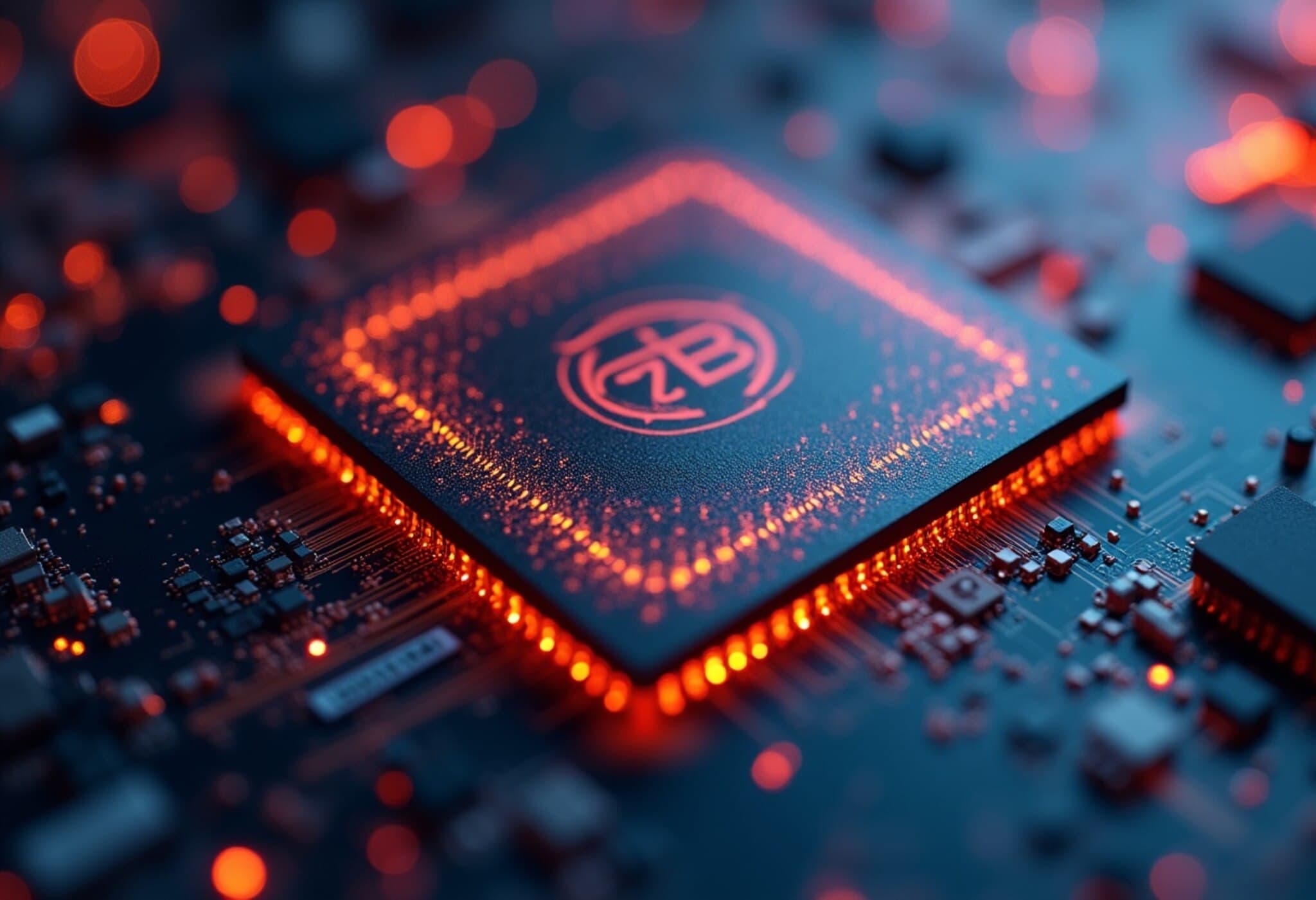Brazil’s Democracy at a Crossroads: The Trial of Jair Bolsonaro
Next week will mark a pivotal moment in Brazil’s turbulent democratic journey as former President Jair Bolsonaro faces trial on charges linked to an alleged coup attempt following his electoral defeat in 2022. With potentially decades in prison looming, this legal battle transcends individual accountability, spotlighting the very foundations and resilience of Brazil’s democracy.
Historic First: Brazil’s Judiciary Takes Center Stage
Brazil’s willingness to prosecute a former president for electoral subversion is unprecedented in many ways—something even the United States has yet to achieve. Emerging from a military dictatorship just over four decades ago, Brazil’s vibrant democratic institutions are now being tested like never before.
The Supreme Federal Court (STF) has assumed an assertive role over the past six years, expanding its powers to confront what it perceived as an existential threat posed by Bolsonaro and his circle. This included authorizing judiciary-led investigations even when the court itself was the target.
Justice Alexandre de Moraes: The Judiciary’s Enforcer
At the heart of this judicial crusade is Justice Alexandre de Moraes, entrusted by the STF to spearhead the probe into Bolsonaro’s activities. During Bolsonaro’s presidency (2019–2022), tensions escalated as the former leader and his supporters openly challenged judicial authority, questioned electoral integrity, flirted with military intervention, and propagated widespread misinformation via social media.
Moraes responded decisively—ordering police raids, censoring online platforms, blocking accounts, and even detaining individuals without prior trials. These controversial measures helped uphold Brazil’s 2022 election results but ignited fierce debates about the judiciary’s expanding reach and potential overreach.
Balancing Democracy and Judicial Authority in the Digital Era
Experts remain divided on this judicial assertiveness. On one hand, the court’s intervention is seen as a necessary bulwark against authoritarian backsliding in an era where disinformation proliferates unchecked online. On the other, critics warn against the dangers of an unaccountable judiciary wielding extraordinary powers absent sufficient checks and balances.
“The court’s reactions were marked by mistakes that should not be repeated,” says Walter Maierovitch, a respected former judge. Yet, he emphasizes, these missteps do not justify Bolsonaro’s alleged coup efforts—revealing the complex tightrope Brazil’s democracy is walking.
International Spotlight and Political Polarization
Internationally, the trial has drawn sharp attention, particularly from the United States. Former President Donald Trump openly intervened by writing to Brazil’s current President Luiz Inácio Lula da Silva demanding the charges against Bolsonaro be dropped, labeling the case a “witch hunt” and asserting a shared narrative of political persecution. Trump’s vocal support emboldened Bolsonaro’s base and intensified political polarization in Brazil.
Nevertheless, President Lula has stood firmly behind the judiciary’s independence, affirming “the process must proceed freely, without political interference.” Such statements underscore the Brazilian government’s commitment to preserving democratic institutions amid volatile national discourse.
Judiciary’s Political Tightrope
Justice Moraes himself has remained resolute, vowing there will be no retreat in the face of pressure. Allies within the Supreme Court defend the judiciary’s actions, asserting that failing to act would have imperiled Brazil’s electoral system.
Domestic Backlash: Divided Public Opinion and Political Tensions
Still, a significant portion of Brazilians express skepticism. Polling indicates nearly half support impeaching Justice Moraes, reflecting concerns over judicial overreach. Similarly, opinions on Bolsonaro’s alleged coup attempt remain deeply split, with around 52% believing he tried to subvert democracy, while 36% dissent.
Upcoming protests by Bolsonaro’s supporters on Brazil’s Independence Day aim to challenge the judiciary’s authority and rally against the prosecution—a testament to the nation’s ongoing ideological rifts.
What Lies Ahead: The Judiciary and Brazil’s Political Future
The trial’s outcome appears likely to reinforce the judiciary’s dominant role in defining democratic norms in Brazil. Three of the five justices presiding over Bolsonaro’s case— including Moraes — are perceived as aligned with the current administration or judiciary’s stance, suggesting a probable conviction.
Beyond this case, Brazil’s Supreme Court faces the daunting task of safeguarding electoral integrity in next year’s presidential election amidst profound societal divisions. Legal scholars emphasize that while the court has ventured into uncharted territory, it must maintain impartiality and resist politicization to preserve institutional credibility.
“The Supreme Court was forced into territory it had never entered before,” explains Conrado Hübner Mendes, constitutional law professor. He warns that allowing political interests to influence judicial decisions risks institutional fragility at a moment when democratic resilience is crucial.
Editor’s Note
Brazil’s handling of Bolsonaro’s trial encapsulates a global dilemma: how democracies confront threats from within without compromising foundational principles. As Brazil attempts to navigate this fraught path, its judiciary’s balancing act serves as both a warning and a beacon for young democracies worldwide grappling with rising authoritarian tendencies and digital misinformation. The unfolding events raise urgent questions about the limits of judicial power and the preservation of democratic legitimacy amid political upheaval.

